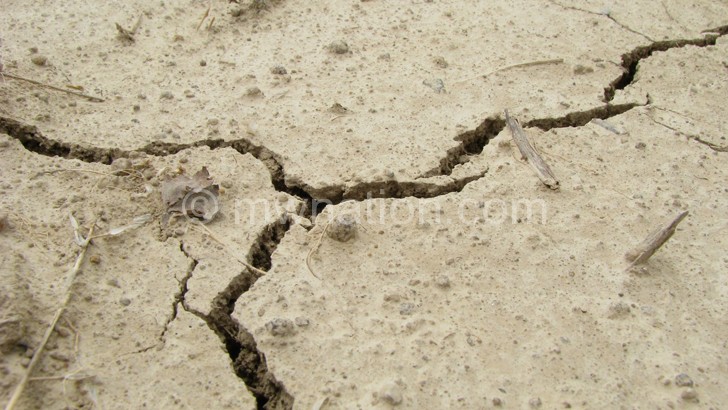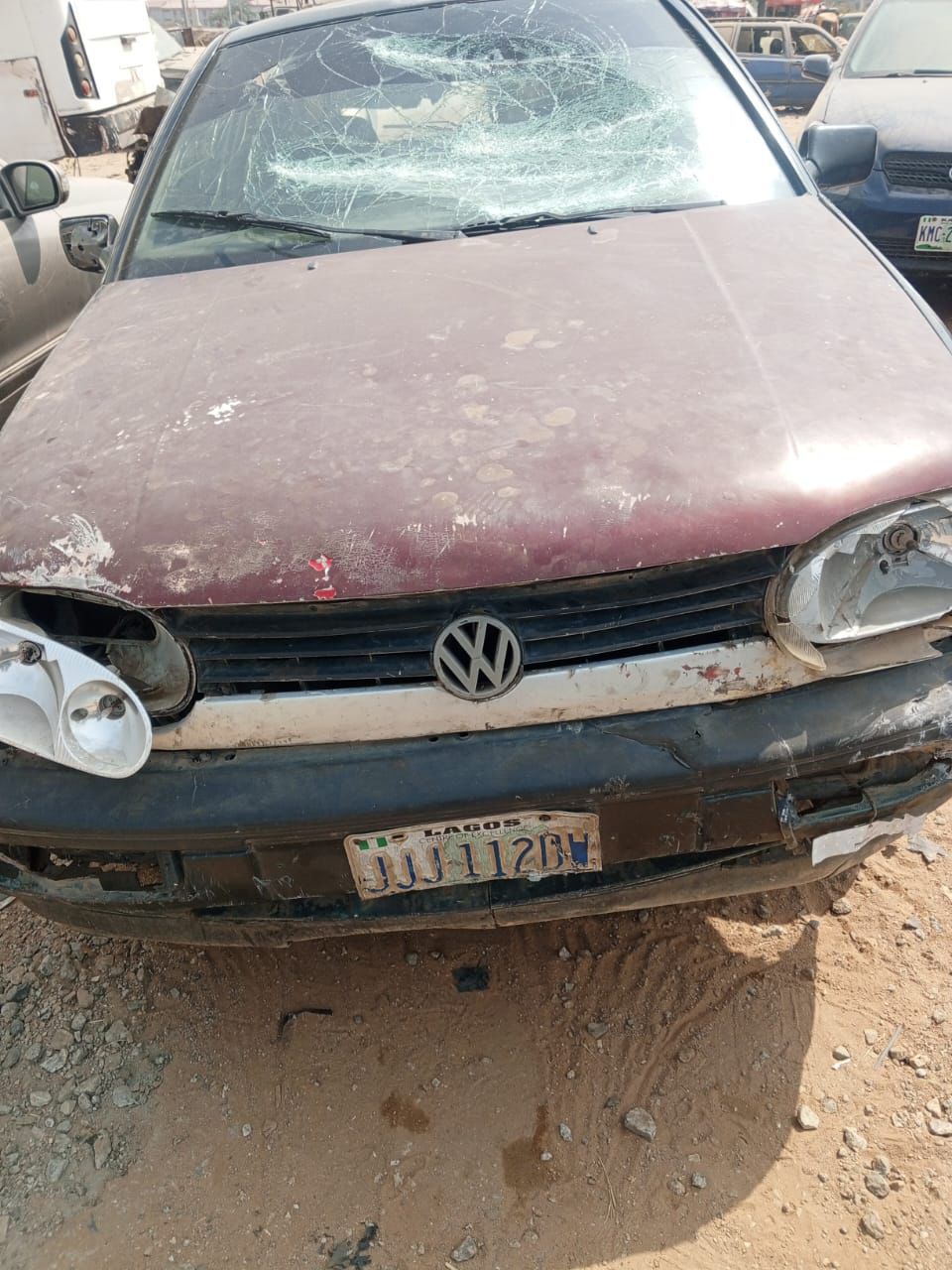Tremors were felt in some parts of Abuja on Friday morning.
In the city scores of people took to the streets to see what was taking place. Trees were shaking while the waters in the drains moved in a turbulent manner as the tremor lasted for a couple minutes.
“We noticed a buzzing sound and felt slight tremors that lasted for four to five seconds. It caused panic in the area, for a while,” said Chinedu Onuoha, a resident.
” I have informed the FCT Minister and Perm Sec. on the scaring earth movement in some parts of Abuja at 6:11am. I felt earth tremors in my home in maitama too. Measures are been taken to address the problem. I will keep the FCT administration on their toes on this, said Senator Dino Melaye.
Many in Abuja believe its an earthquake warning signs.
Here are some recommendations for surviving an earthquake.
If You Are Indoors
- DROP to the ground; take COVER by getting under a sturdy table or another piece of furniture; and HOLD ON until the shaking stops. If there isn’t a table or desk near you, cover your face and head with your arms and crouch in an inside corner of the building.
- Stay away from glass, windows, outside doors and walls, and anything that could fall, such as lighting fixtures or furniture.
- Stay in bed if you are there when the tremor strikes. Hold on and protect your head with a pillow, unless you are under a heavy light fixture, window or anything else that could fall. In that case, move to the nearest safe place (i.e. under a desk or in an inside corner).
-
- Use a doorway for shelter only if it is in close proximity to you and if you know it is a strongly supported, load-bearing doorway. Brace yourself on the side with the hinges to avoid the door swinging at you.
- Stay inside until shaking stops and it is safe to go outside. Research has shown that most injuries occur when people inside buildings attempt to move to a different location inside the building or try to leave.
- Be aware that the electricity may go out.
- DO NOT use the elevators, even if they are working. There may be aftershocks.
- If you’re in your hotel room, stay there. There are usually aftershocks, and sometimes they may be worse than the original earthquake. Under a sturdy desk or in an inside corner of your room is the safest place to be, even if you’re on the 40th floor. If there’s a heavy bookcase next to a match-stick desk, don’t get under the desk.
- If you are in a restaurant, get under the table.
-
If Outdoors
- Stay there.
- Move away from buildings, streetlights, and utility wires.
- Once in the open, stay there until the shaking stops. The greatest danger exists directly outside buildings, at exits, and alongside exterior walls. Many of the 120 fatalities from the 1933 Long Beach earthquake occurred when people ran outside of buildings only to be killed by falling debris from collapsing walls. Ground movement during an earthquake is seldom the direct cause of death or injury. Most earthquake-related casualties result from collapsing walls, flying glass, and falling objects.
If in a Moving Vehicle- Pull over to the side of the road and stop as quickly as safety permits and stay in the vehicle. Avoid stopping near or under buildings, trees, overpasses, and utility wires. (Note: an earthquake while you’re driving feels like there’s something wrong with your car. Don’t stop in the middle of the freeway if traffic is still moving around you. Slow down and put on your turn signal to get to the side of the road. If everyone else is doing the same thing, it was most likely an earthquake.)
- Proceed cautiously once the earthquake has stopped. Avoid roads, bridges, or ramps that might have been damaged by the earthquake.
If Trapped Under Debris
- Do not light a match.
- Do not move about or kick up dust.
- Cover your mouth with a handkerchief or clothing.
- Tap on a pipe or wall so rescuers can locate you. Use a whistle if one is available. Shout only as a last resort. Shouting can cause you to inhale dangerous amounts of dust.







































Leave a comment